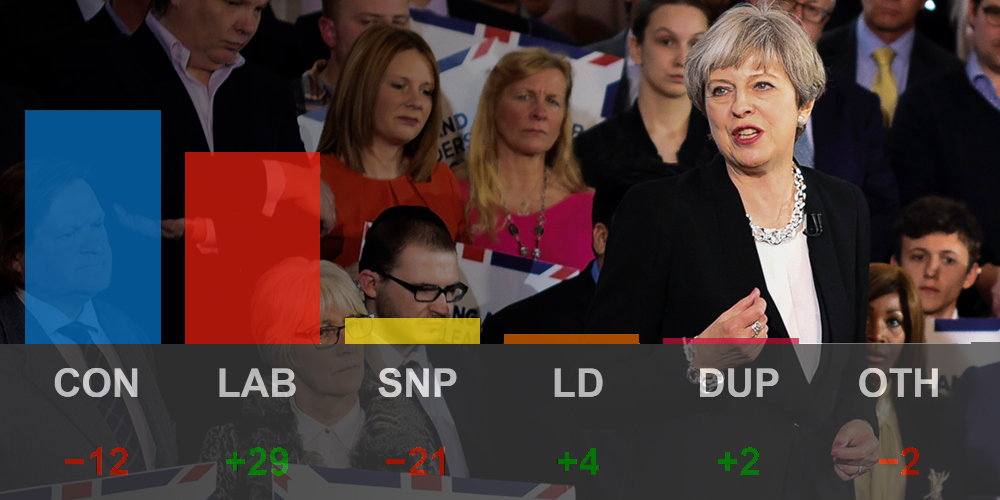The election results are in and it’s a minority Conservative government, supported by Northern Irish unionists – the DUP.
But what does this mean for your store? Retail Express previously highlighted the conservative party’s key election pledges that impact convenience retailers, but the tiny margin the Conservative party has means things are likely to change.
Business rates

Even though all three major parties agree on the need for business rates reform, the Conservatives will struggle to pass any legislation due to strong resistance in the House of Commons. This means that even if the three parties do reach a consensus, it’s going to be very far down the Conservative’s list of priorities. This is likely to impact delayed relief payments too. Despite the Conservative Chief Secretary to the Treasury David Gauke stating: “We’re trying to get it through as quickly as we can,” considering we don’t even know which politician will be in which role yet, it’s unlikely much action will be taken. This is exactly the opposite of what was demanded by FSB chairman Mike Cherry: “The first order of business for the Communities Secretary in the new Government should be to get a grip and make sure the promised help is delivered in the first month of office.”
Wage increases

This one should be more simple for the parties to resolve, there’s a political consensus that wages need to go up and the Conservatives will face strong pressure to stick to their pledge, despite industry resistance. This resistance was repeated on the morning of the results, with a statement from the Scottish Grocer’s Federation’s head of policy Dr John Lee commenting, “The national living wage has fallen most heavily on the retail sector with over half a million workers being effected and these constantly increasing staff costs must end.”
A report by the Low Pay Commission due later this year will add extra focus to this subject.
Employment Law

The Conservative pledged that they would, “convert EU law into UK law, allowing businesses and individuals to go about life knowing that the rules have not changed overnight.” However, on the eve of the election Theresa May threatened to alter the Human Rights Act which forms the basis for a lot of employment law, though this statement was made in relation to terrorism, there’s no confirmation on what will or won’t be changed.
Brexit

A strategy of appealing to leave voters in Labour heartlands led Theresa May to take a hardline approach, favoring leaving the European Common Market. However, their failure to secure a majority means they must work with the DUP, who while strongly in favour of Brexit, favour a much softer Brexit still maintaining the European Common market.
The same role changes that are likely to delay other aspects of legislation are likely to have an even more severe impact here, potentially delaying the time line for Brexit. With further risk also comes further currency fluctuations, leading to inflation and unfavourable price conditions that are likely to push up prices at wholesale and consumer levels.



Comments
This article doesn't have any comments yet, be the first!